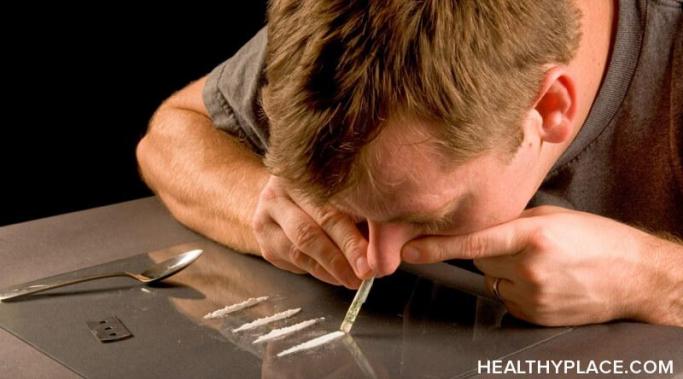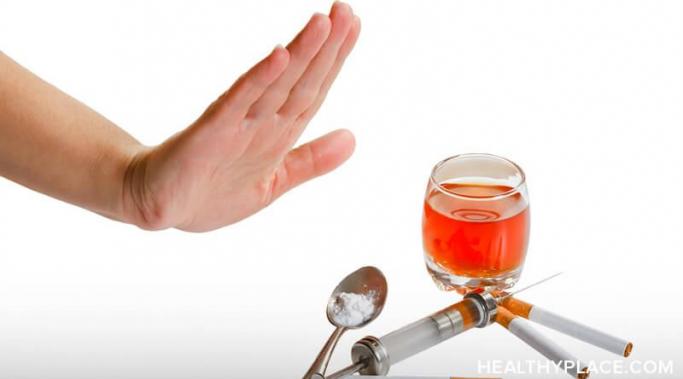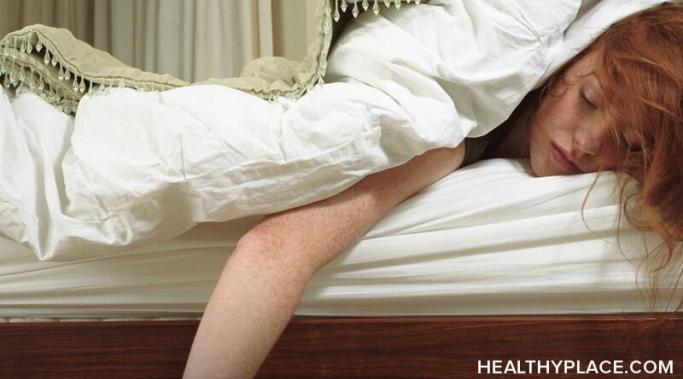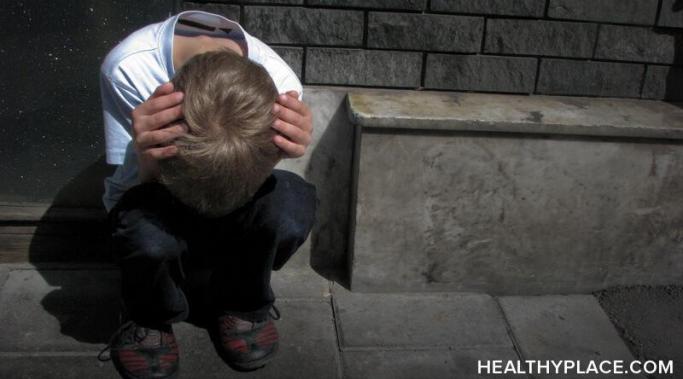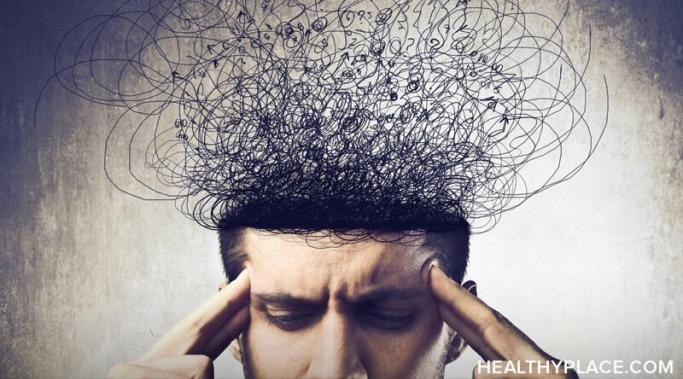When treating bipolar disorder, I think it's critical to gain bipolar mood stability first and only then tweak up or down as needed. That means that if you're in a depression right now (and let's face it, that's when people seek help the most), the goal isn't to treat depression, per se, but rather to gain bipolar stability. Of course, I'm not the only one who thinks this. The esteemed psychiatrist Dr. Jim Phelps agrees: treatment should focus on bipolar mood stability first.
Coping
You can change a negative, harmful coping skill into a positive skill. Sometimes negative coping skills seem easier or better, but in the end, they aren't. I know initiating such a positive change can seem impossible sometimes, but you can do it.
There are positive and negative coping skills for mental illness. This means that while almost anything can be a coping skill, some are truly helpful, and some are actually harmful. But what are negative coping skills, and why would anyone use a negative coping skill if it's harmful?
At this time of year, we might think about how to change various aspects of our lives. We might want to change our looks, habits, or many other things. These changes are often expressed in the form of new year's resolutions. And as most of us have witnessed, new year's resolutions rarely last past the year being new. I think this, in part, is because we don't think about how to change and what's required to change. And in many cases, change begins with one simple idea: not changing has to be more painful than changing.
The holidays can make you sad. I know that's not what people think about when it comes to the holidays, but it's true. That said, if you have the propensity to feel sad because of the holidays, there are ways to make your holidays just a bit more merry and bright.
Do you have trouble getting out of bed and sometimes end up staying in bed all day? You're not alone. People with mental illness, those experiencing depression in particular, often have this problem. But no one wants to stay in bed all day. It doesn't help anyone, it doesn't shorten one's overwhelming to-do list, and it doesn't help you feel better, either. So, let's look at techniques to ensure you don't stay in bed all day.
I have bipolar disorder, and I never ghost people. "Ghosting" is a slang term for when someone cuts off all communication. Some people may doubt that I don't ghost people based on my bipolar diagnosis; however, believe me, I am not a "ghoster." Moreover, I'm not the only one. Just because a person has bipolar doesn't mean they will ghost you.
I'm sad all the time. I'm miserable. I'm caught in a well of darkness and depression -- all the time. Now, not everyone who is depressed experiences this. Some people who are depressed experience persistent sadness bouts, yes, but they aren't necessarily constant. Depression can also be characterized by diminished interest or pleasure instead of a depressed mood. In other words, being sad all the time is not required for a diagnosis of major depressive disorder; but it sure seems to be required by my major depressive disorder (that occurs because of bipolar disorder). And the trouble with all of this is that being sad all the time is just too heavy a burden to bear.
Your thoughts aren't real. I know that might sound false, but understanding both parts of that sentence is critical to dealing with bipolar disorder. I have to remember that sentence every day in order to get me through. But recognizing that my thoughts aren't real or permanent does help, and I believe it can help you too.
I had a discussion with my friend once about brain fog, and I said brain fog wasn't a real symptom of depression; it was just sort of a layperson's description of cognitive difficulties. Brain fog itself wasn't exactly real, per se; I said I wasn't exactly wrong about that, but I wasn't exactly right either. Brain fog is not exactly a medical descriptor, but I identify with it as a part of my illness(es). I can now attest to the fact that brain fog is real.


